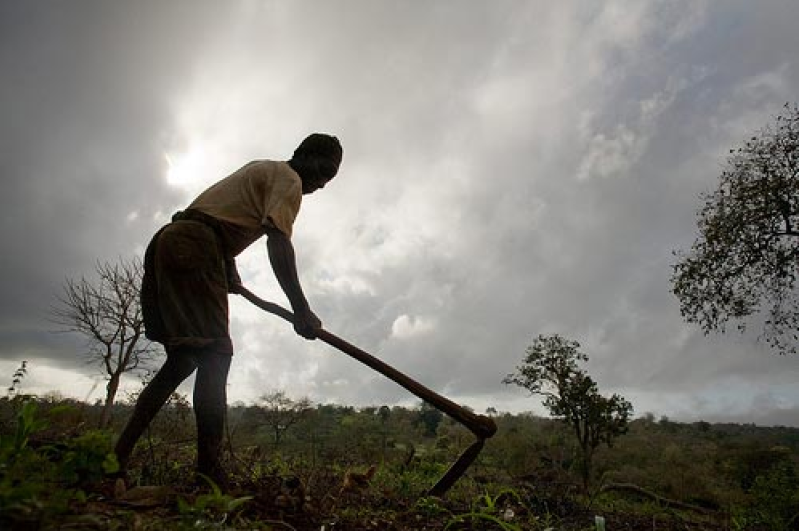
Prolonged drought conditions in East Africa have caused successive crop failure and depleted livestock herds, leaving millions vulnerable to hunger, reported a joint ministry of the two largest Lutheran denominations in the United States.
“The worsening global food and economic crises have left millions of East Africans extremely vulnerable to hunger,” said Alissa Karg, Lutheran World Relief’s deputy regional director for Africa.
In countries such as Uganda, which is already struggling to recover from decades of armed conflict, severe food shortages due to drought have hit people hard, especially as they have led to increased food prices.
In Kenya, considered the worst-hit nation in East Africa, three consecutive years without sufficient rainfall has left 2.5 million people without reliable sources of food. By November 2009, the figure is expected to rise to 2.9 million, according to the Famine Early Warning Systems network.
“[We] must raise funds now to respond to this crisis and save lives,” commented LWR's Karg.
In response to the crisis, LWR is working with partners on the ground in Kenya and Uganda as well as Tanzania and Sudan to help families cope with drought conditions and protect their land and income for the future.
According to the ministry of the Evangelical Lutheran Church in America and the Lutheran Church-Missouri Synod, work focuses on planting drought-resistant crops, applying improved growing methods to increase crop yields during drought conditions, training communities to conserve water, helping to dig boreholes and install irrigation systems, and helping farmers purchase tools, seeds and fertilizers by helping them access credit.
Since the early 1980s, LWR has been working in East Africa to help impoverished rural communities grow food, access water, and better support themselves.
“By helping communities better adapt to drought conditions, we are ensuring that people have what they need to survive, and recover from drought,” reported Karg.
In a report released earlier this month, Oxfam International suggested that millions of people in areas suffering food scarcity may have to give up traditional crops if current trends – particularly climate change – persist, possibly leading to social upheavals such as mass migrations and conflict over water resources.
Without action, the report said, most of the gains of fighting poverty in the world's poorest countries over the last 50 years will be wiped out, "irrecoverable for the foreseeable future."
Oxfam International asserted that the disappearing rains and the shifting of distinct seasons are the results of climate change, which it called "the central poverty issue of our times."







